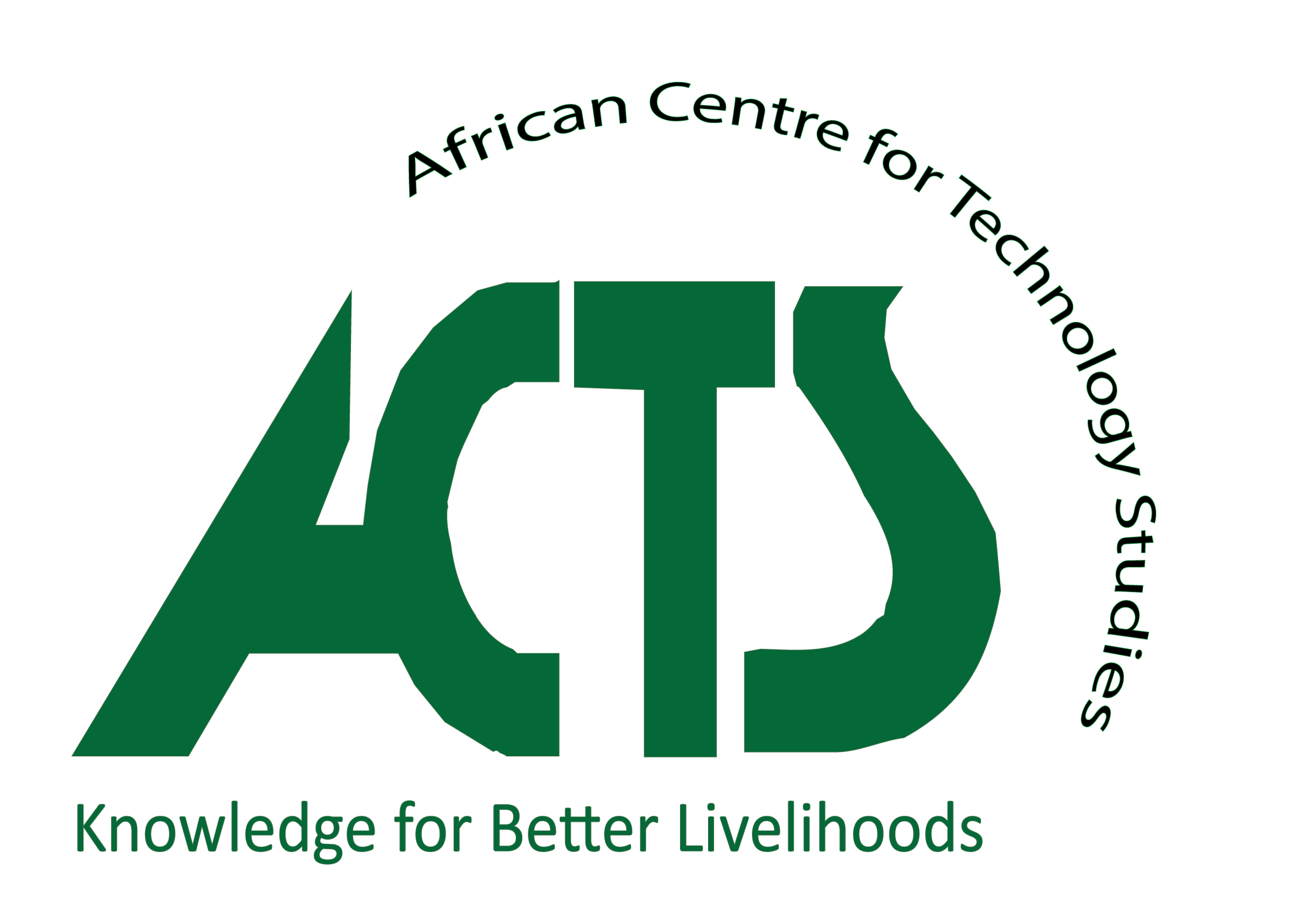Multi-criteria mapping involves comparing and analyzing different options based on a set of pre-defined criteria, which could include cost, time, quality, risks, resources and stakeholder preferences.

Participants of the multi-criteria mapping workshop under the Blue Empowerment project pose for a group photo during the workshop held in Kwale County.
Multi-criteria mapping is a methodological approach that helps to prioritize and evaluate various project options or alternatives based on a number of predetermined criteria or factors simultaneously.
The ACTS-led Blue Empowerment project employed this methodology to assess and establish the priorities for technology, policy, and governance options that address community needs and fits well into the gender responsive integrated aquaculture system.
The project aims to tackle barriers for the empowerment of fisher women in Kenya’s coastal region through adoption of climate-smart Integrated multi-trophic aquaculture (IMTA) technology of seaweeds and fish production for improved livelihoods and resilience.
This technique involves comparing and analyzing different options based on a set of predefined criteria, which could include factors such as cost, time, quality, risks, resources, and stakeholder preferences. It is one of the most effective tools for ensuring meaningful stakeholder engagement, especially for projects that work closely with communities.
Essentially, it is a structured process of identifying and mapping relevant ways of setting priorities and making decisions. Once a criteria for decision-making has been identified, it is defined, mapped, weighted and preferences made for each criterion.
This critical exercise was conducted during a workshop held between 27th February to 1st March 2023 in Kwale County. It was attended by representatives from the County Government of Kwale and Kilifi, including the Ministry of Fisheries and Ministry of Youth and Gender officials, Council of Governors (COG).
During the two-and-a-half day workshop, participants explored policy, technology, governance and inclusive business options, based on weighted criteria, to identify pathways that would be best suited in promoting uptake of IMTA technology.
Mr. Tei Usi-Bahari Chair of the Bahari CBO Network, a key partner in the Blue Empowerment project, emphasized the need for community inclusion during project implementation.
‘’NGOs, county governments, and government departments should avoid excluding the community from projects, as they play a critical role in seeing successful implementation of projects”, he said.
His sentiments were echoed by community members who expressed their views regarding the project.
‘’This technology that incorporates fish and sea weed farming is something very new and something that can be beneficial to us. I want to encourage my fellow farmers to embrace this new technologies that are helping us move from what we know as ‘analogue’ to ‘digital’. We should also be careful to address the risks that might come with it.’’ Sea weed farmer, Bahari CBO Member.
Other partners implementing the project include Kenyatta University (KU), Kenya Marine and Fisheries Research Institute (KMFRI), Kenya Industrial Research and Development Institute (KIRDI) and Sea Moss Corporation.


